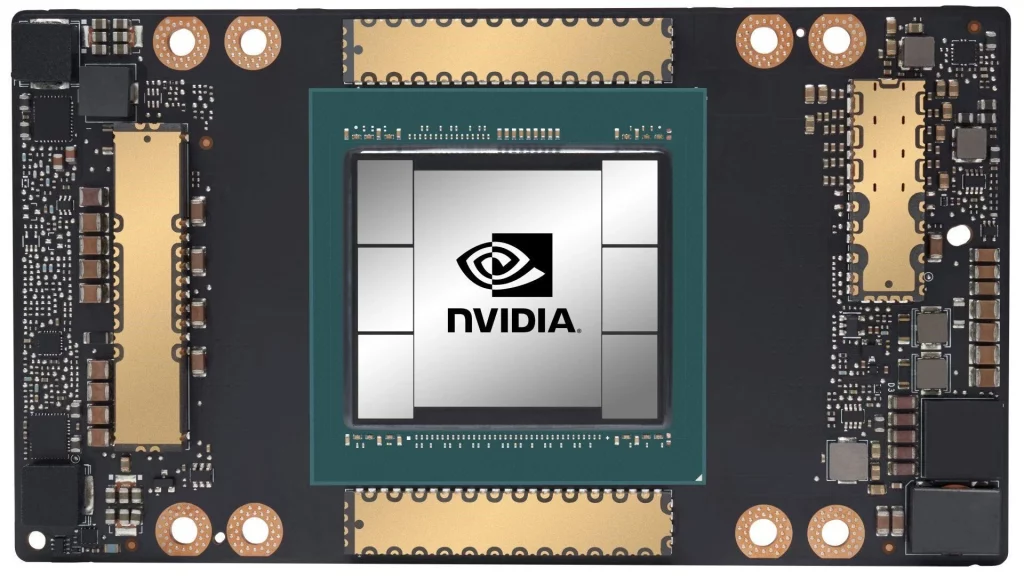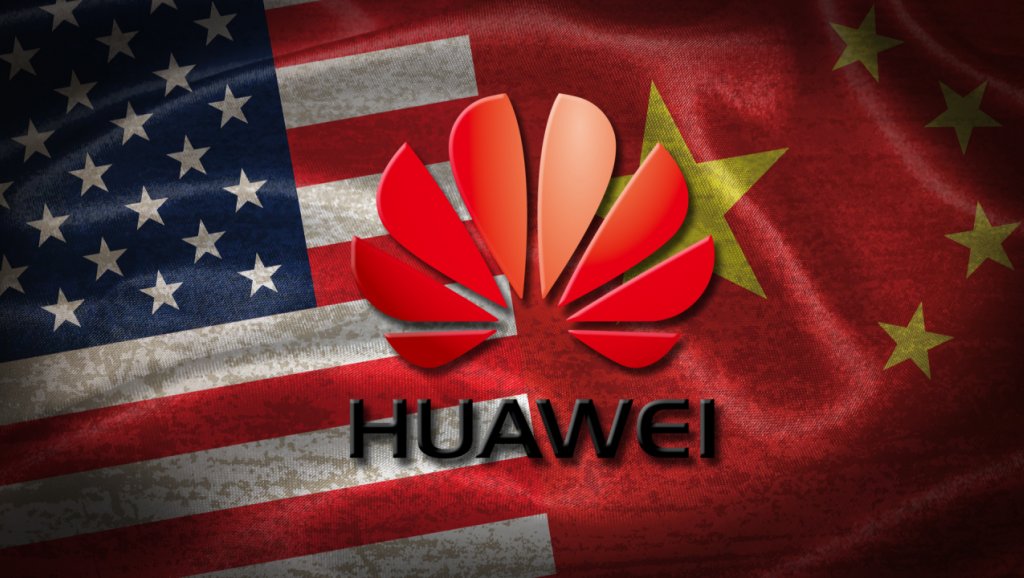As tensions rise between the US and China, Huawei finds itself in a vulnerable position. Once considered a leading player in the smartphone market, the company lost a significant portion of its market share due to the US embargo. Huawei has been exploring alternative areas to make up for these losses, but faces further setbacks if the US tightens its restrictions on exports to the Chinese tech giant. In this context, it is worth exploring how the proposed trade ban could not only affect Huawei, but also the US semiconductor industry, including companies such as Nvidia and Qualcomm. Here are the details…
Nvidia and Qualcomm could be hurt by U.S. plan to block more exports to Huawei
The ongoing trade war between the United States and China has affected many companies, especially those in the technology. One such company that has been in the crosshairs of the U.S. government is Huawei, the Chinese telecommunications giant. The company was placed on the U.S. Commerce Department’s entity list in 2019, which restricts its access to American supplies.

The move was seen as a national security measure by the U.S. government, which accused Huawei of using its devices and networking equipment to spy on American companies. As a result of the entity list placement, Huawei has had to look for alternatives to U.S. supplies, such as developing its own operating system and ecosystem. However, the company still relies heavily on U.S. chipmakers for its smartphones, and recent reports suggest that it may face further restrictions on its access to these supplies.
One of the companies that could be affected by the new restrictions is Nvidia, a U.S. chip maker that has been considering selling technology to Huawei. According to a report from Reuters, the Biden administration’s plans to tighten restrictions on Huawei could block Nvidia’s plans to do business with the company. The report, which was seen by Reuters, says that the proposed 2023 amendment of the Commerce Department’s licensing will likely have a high economic impact on Nvidia.

Another company that could be affected is Qualcomm, which currently supplies 4G versions of its high-end chipsets to Huawei. The same report suggests that Qualcomm would suffer a “moderate economic impact” from the unknown policy change. The report adds that Huawei would suffer more because the firm “relies heavily on Qualcomm’s modem chips to support its smartphone offering.”
Huawei has already been restricted from using Qualcomm’s latest chipsets, which are designed to work with 5G signals. Instead, the company has been using tweaked versions of Qualcomm’s Snapdragon chipsets that can only deliver 4G connectivity. If the U.S. government goes ahead with its plans to further restrict Huawei’s access to U.S. supplies, even these limited chipsets could be in jeopardy.
The impact of these restrictions could be significant for both Nvidia and Qualcomm. The China market presents a significant opportunity for the U.S. semiconductor industry, and losing access to this market could hurt these companies’ bottom lines. However, it is not clear what the specific details of the proposed policy change are, and the U.S. government has contracted multiple reports on the subject that arrive at different conclusions.
RELATED:
- Motorola Moto G Power (2023) Spotted in Leaked Renders: Here’s What…
- Qualcomm’s Snapdragon 8 Gen 3 Could Outperform Apple’s A17 Bionic
- Xiaomi & Google Bring New MIUI Gallery Features, Announced 6-month Google One Trial for Xiaomi…
- iPhone 15 Pro Series Set To Drive High Demand With A17 Bionic Chipset
- Delhi Man Lost Over INR 28 Lakhs in an Instagram Scam
(via)




